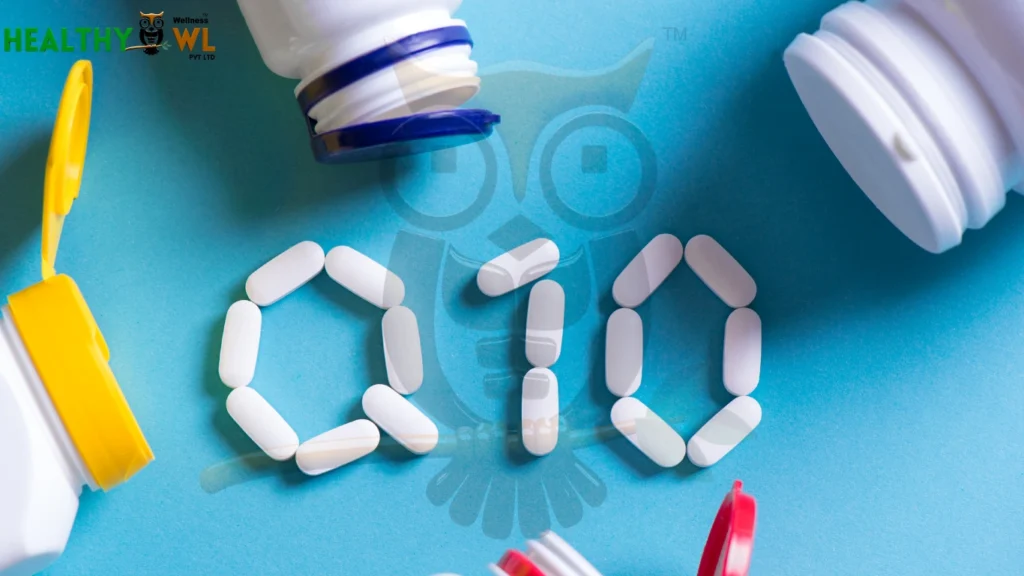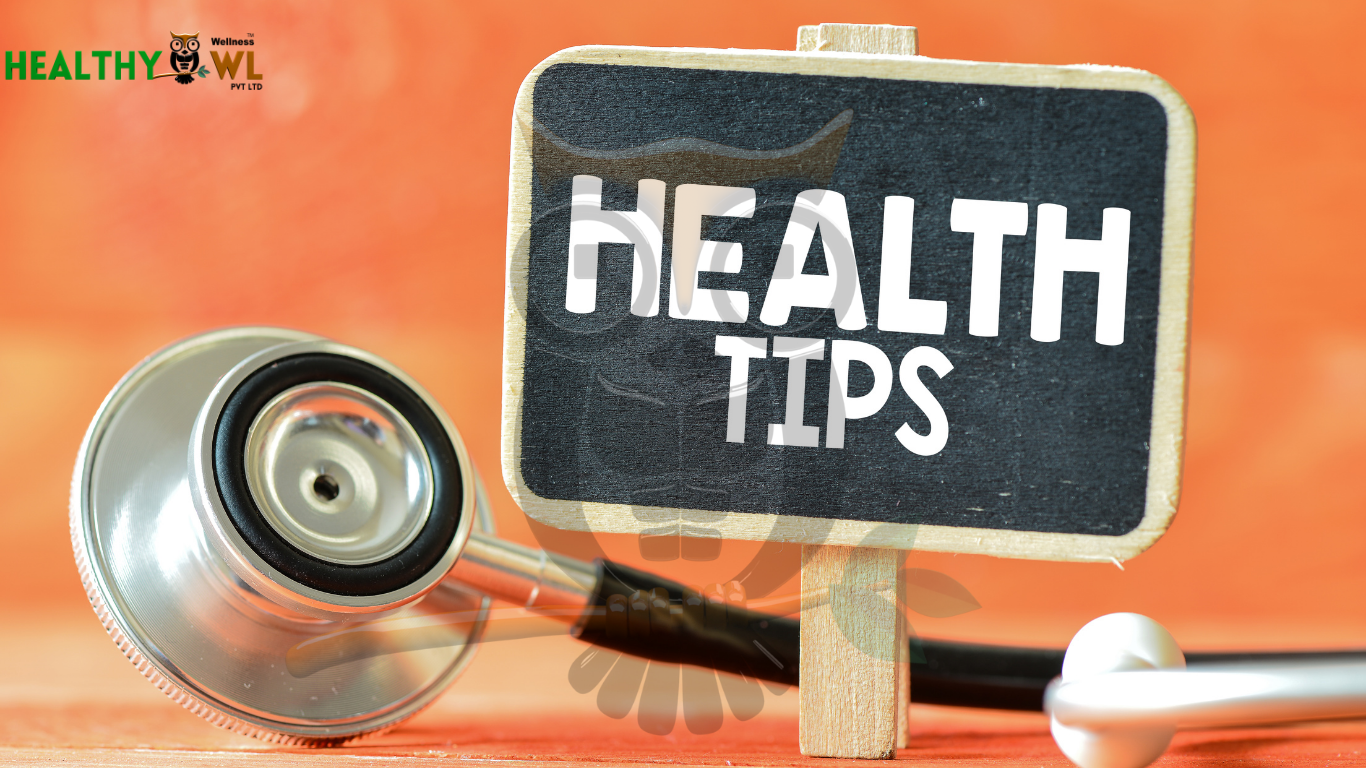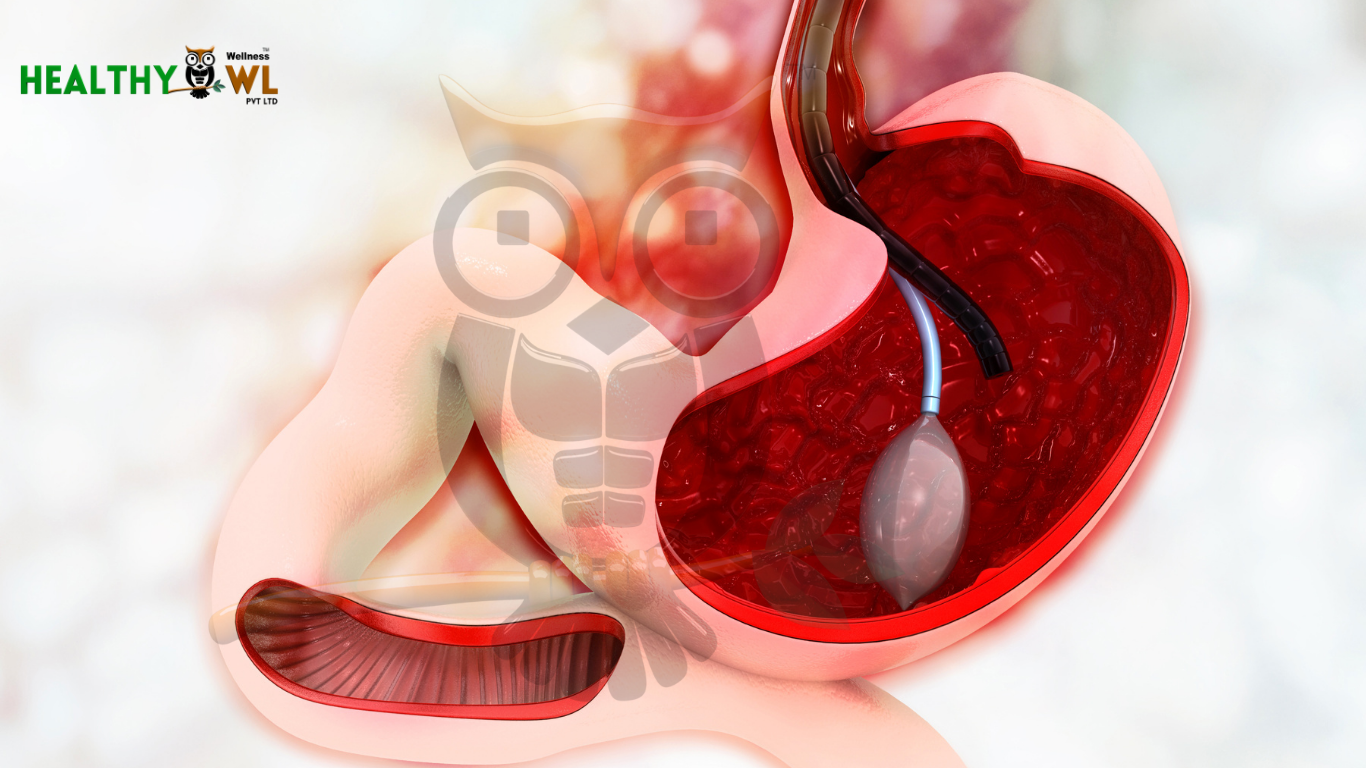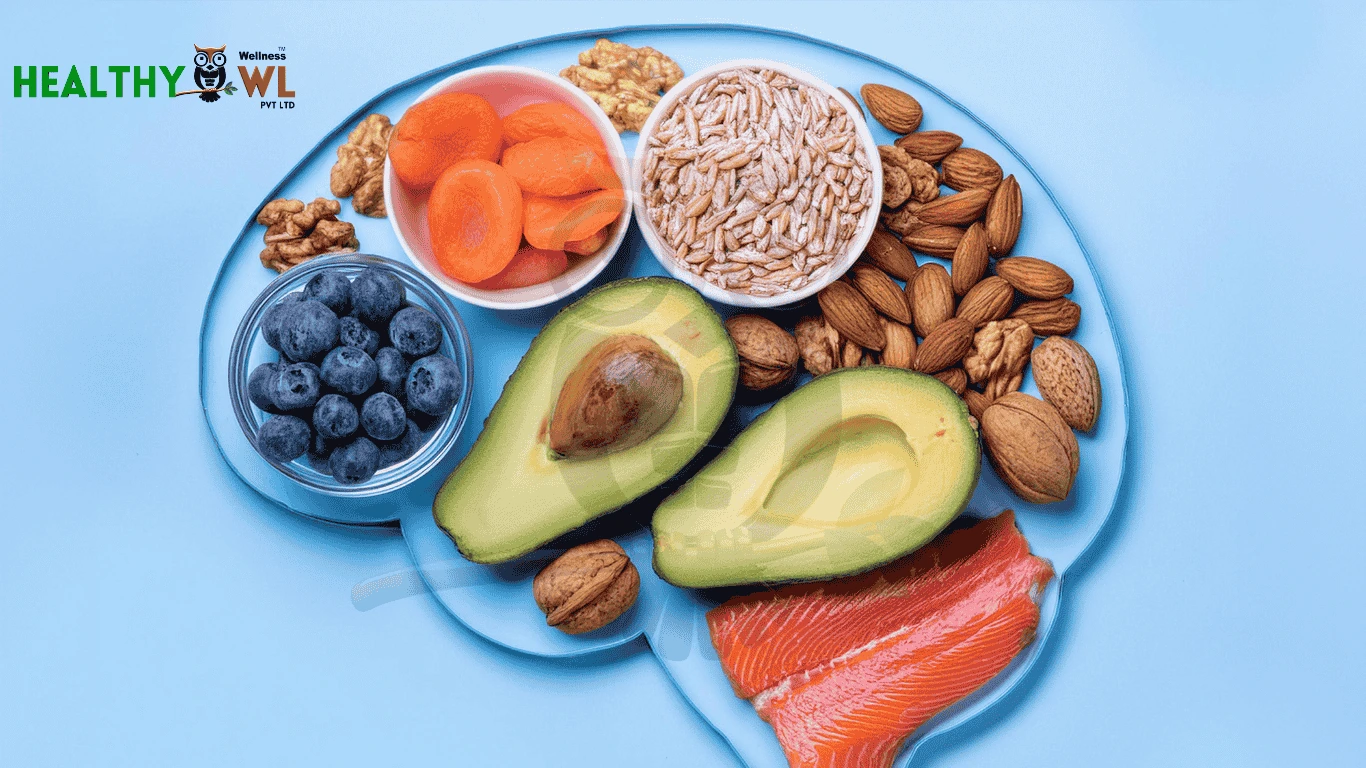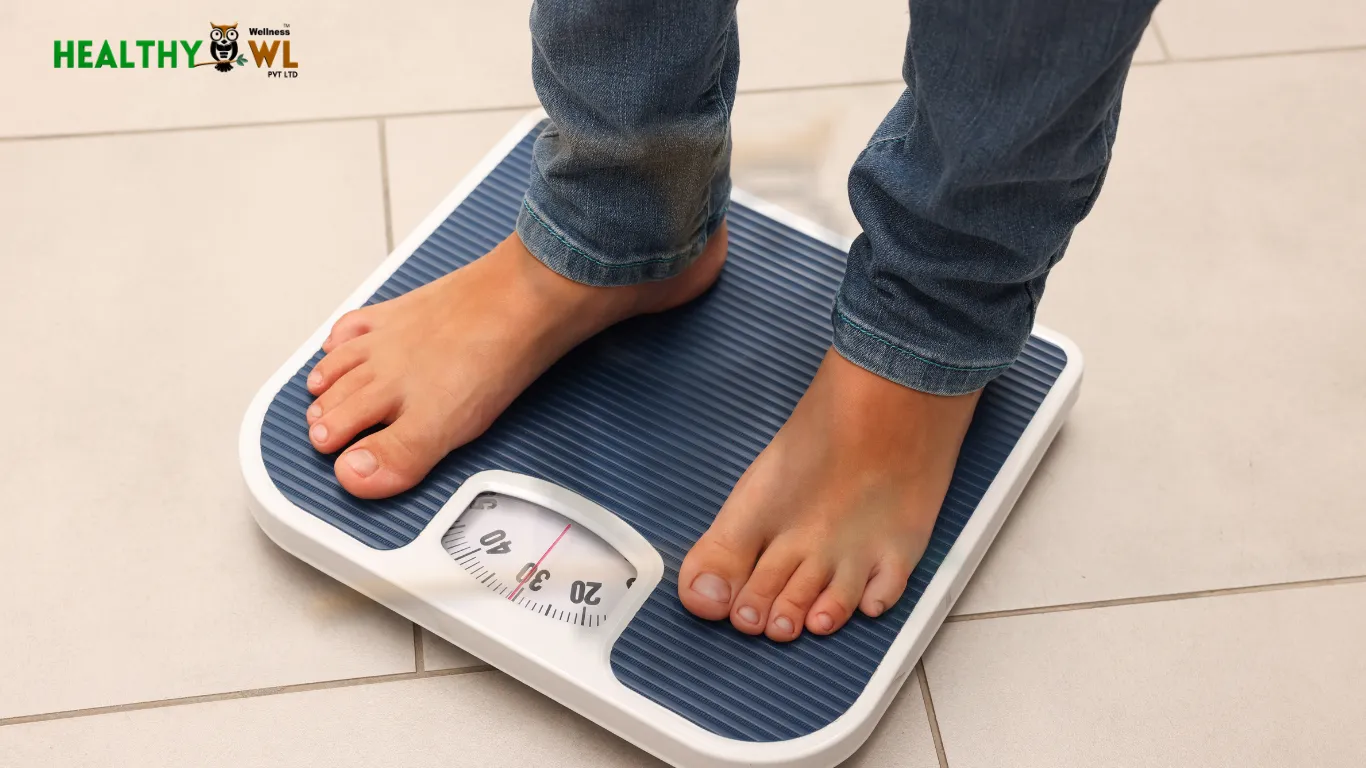Introduction
Coenzyme Q10, also known as CoQ10, is a natural antioxidant found in every cell of the human body. It plays a vital role in energy production and protecting cells from damage. Since energy is essential for all bodily functions, CoQ10 has become a subject of great interest in nutrition, medicine, and wellness.
In this blog, we’ll explore what CoQ10 is, why it matters, its benefits, natural sources, supplementation, research evidence, and potential risks, all backed by science.
What Is Coenzyme Q10?
Coenzyme Q10 is a vitamin-like compound that resides in the mitochondria, the powerhouses of our cells. It helps convert food into energy in the form of ATP (adenosine triphosphate).
There are two main forms of CoQ10:
- Ubiquinone – the oxidized form, which is more common in supplements.
- Ubiquinol – the active form, easier for the body to absorb.
As we age, or due to certain health conditions, our natural CoQ10 levels decline, making supplementation or dietary sources important.
What Research Says About Coenzyme Q10
Over the past two decades, Coenzyme Q10 has been extensively studied for its role in cardiovascular health, aging, neurological function, and overall wellness.
1. Heart Health and Cardiovascular Function
- A meta-analysis in the Journal of the American College of Cardiology found that CoQ10 supplementation improved survival and reduced hospitalizations in heart failure patients.
- Another study showed CoQ10 lowered blood pressure in hypertensive patients.
Takeaway: CoQ10 supports heart muscle function and may help manage high blood pressure.
2. Statin-Associated Muscle Pain
Statins lower cholesterol but also reduce natural CoQ10 levels, which may cause muscle pain.
- A clinical trial reported that CoQ10 supplementation helped reduce muscle pain in statin users.
Takeaway: CoQ10 can benefit patients taking statins.
3. Neuroprotection and Brain Health
- A review in Frontiers in Aging Neuroscience highlighted that CoQ10 reduces oxidative stress in brain cells, potentially slowing neurodegenerative diseases
Takeaway: CoQ10 shows promise for supporting brain health.
4. Fertility and Reproductive Health
- Women undergoing IVF showed improved egg quality after CoQ10 supplementation (Fertility and Sterility, 2015)
- Men also showed better sperm count and motility after CoQ10 use.
Takeaway: CoQ10 supports fertility in both men and women.
5. Exercise Performance and Fatigue
- Athletes supplementing with CoQ10 experienced less fatigue and faster recovery in a controlled trial (European Journal of Nutrition, 2016).
Takeaway: CoQ10 may improve endurance and reduce exercise fatigue.
6. Skin and Anti-Aging Effects
- A study in Biofactors showed that topical CoQ10 reduced wrinkles and improved skin smoothness
Takeaway: CoQ10 works as an internal and external anti-aging nutrient.
Overall Research Consensus:
CoQ10 is not a miracle cure, but research strongly supports its role in heart health, energy production, brain protection, fertility, and skin health. It is safe, well-tolerated, and most effective when taken as a supplement in conditions where natural levels decline.
Health Benefits Of CoQ10
1. Supports Heart Health
CoQ10 is most widely studied for its role in cardiovascular health. Low levels are linked with conditions like heart failure, hypertension, and angina. Supplementation may improve heart function and blood circulation.
2. Boosts Energy and Reduces Fatigue
Since CoQ10 fuels the mitochondria, it’s often used to reduce tiredness and improve stamina. Athletes sometimes use it to enhance exercise performance.
3. Fights Oxidative Stress
As an antioxidant, CoQ10 protects cells from damage caused by free radicals. This may slow aging and reduce the risk of chronic diseases.
4. Supports Brain Function
The brain requires high energy levels. Studies suggest CoQ10 may protect against neurodegenerative diseases like Parkinson’s and Alzheimer’s by reducing oxidative stress.
5. Improves Skin Health
CoQ10 is increasingly used in skincare products because it helps reduce wrinkles, fine lines, and UV damage, giving skin a youthful appearance.
6. Aids Fertility
Declining CoQ10 levels in women and men are associated with lower fertility. Supplementation may support egg and sperm health.
Natural Sources Of CoQ10
Although the body makes CoQ10 naturally, food sources can help maintain healthy levels.
Foods Rich in CoQ10:
- Fatty Fish (salmon, tuna, mackerel, sardines)
- Organ Meats (liver, kidney, heart)
- Whole Grains (wheat germ, bran)
- Nuts and Seeds (peanuts, sesame seeds, pistachios)
- Vegetables (spinach, broccoli, cauliflower)
- Legumes (soybeans, lentils, peanuts)
Vegetarians and vegans may have lower dietary intake and could benefit from supplements.
CoQ10 Supplements: Do You Need Them?
While a balanced diet provides some CoQ10, levels may still be insufficient, especially with aging or chronic illness.
Who Might Benefit from Supplements?
- People with heart disease or hypertension
- Individuals on statin medications (which lower CoQ10 levels)
- Adults over 40 (as natural production decreases with age)
- Athletes or those experiencing chronic fatigue
- Couples facing fertility issues
Recommended Dosage
Typical dosage ranges between 100–300 mg per day, depending on the condition. However, it’s always best to consult a healthcare professional before starting supplementation.
Risks And Side Effects Of CoQ10
CoQ10 is generally safe with minimal side effects. However, some people may experience:
- Upset stomach or nausea
- Headaches
- Insomnia (if taken late in the evening)
- Interaction with blood-thinning medications like warfarin
FAQs About CoQ10
1. Is CoQ10 the same as a vitamin?
No, but it behaves like a vitamin in the body by supporting energy production.
2. Can CoQ10 help with aging?
Yes. As an antioxidant, CoQ10 helps reduce oxidative stress, which is linked with aging.
3. Is CoQ10 safe for long-term use?
Studies show it is safe for long-term use when taken within recommended limits.
4. When is the best time to take CoQ10 supplements?
Since it’s fat-soluble, it’s best taken with meals containing healthy fats for better absorption.
Final Thoughts
Coenzyme Q10 is a powerhouse nutrient vital for energy, heart health, brain function, and overall well-being. While our bodies naturally produce it, aging and health conditions can reduce its levels. Incorporating CoQ10-rich foods or supplements may provide significant health benefits.
As with any supplement, always consult your healthcare provider before starting CoQ10 — especially if you’re on medications or have chronic health conditions.


